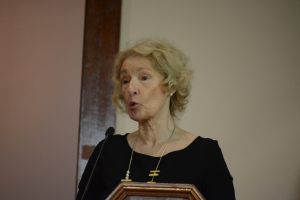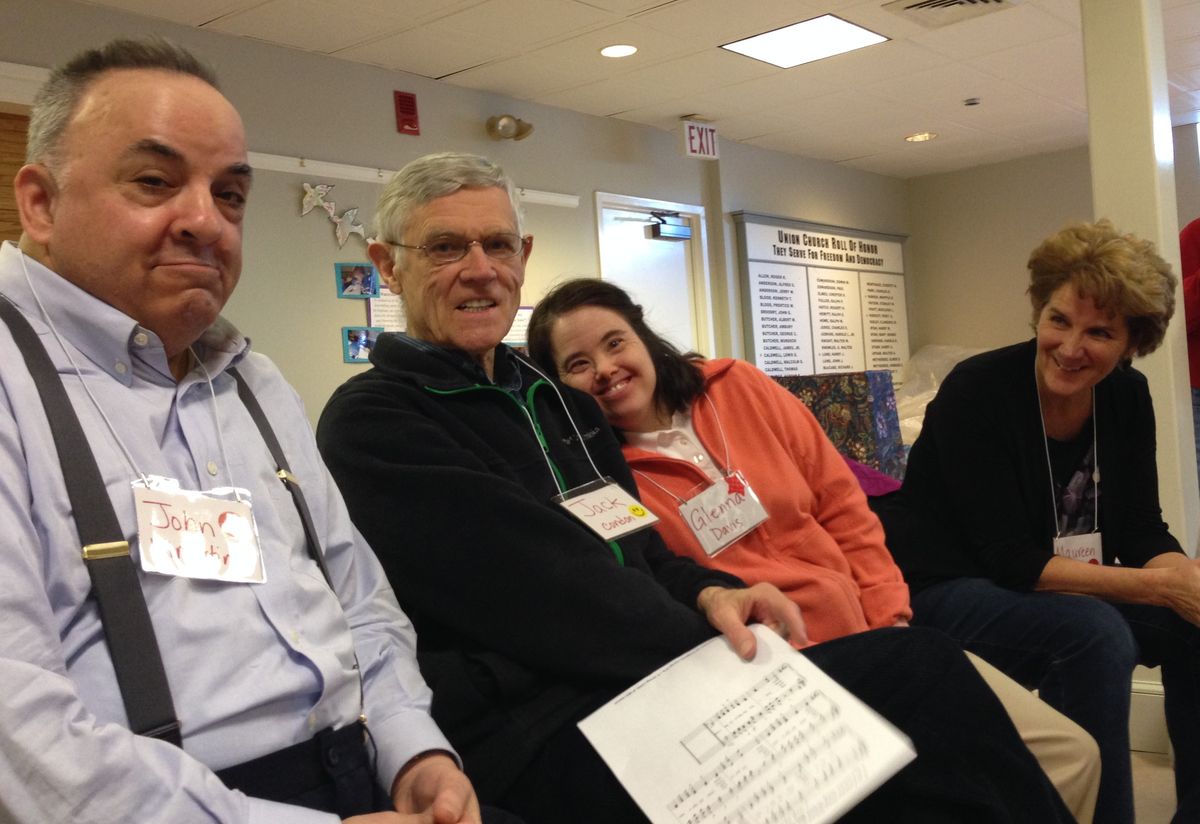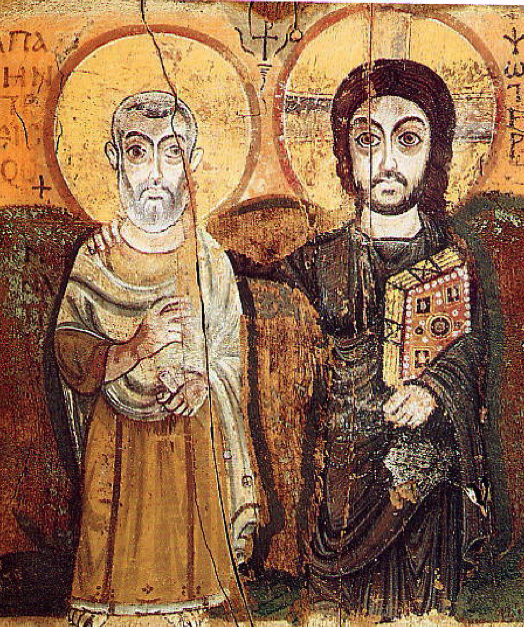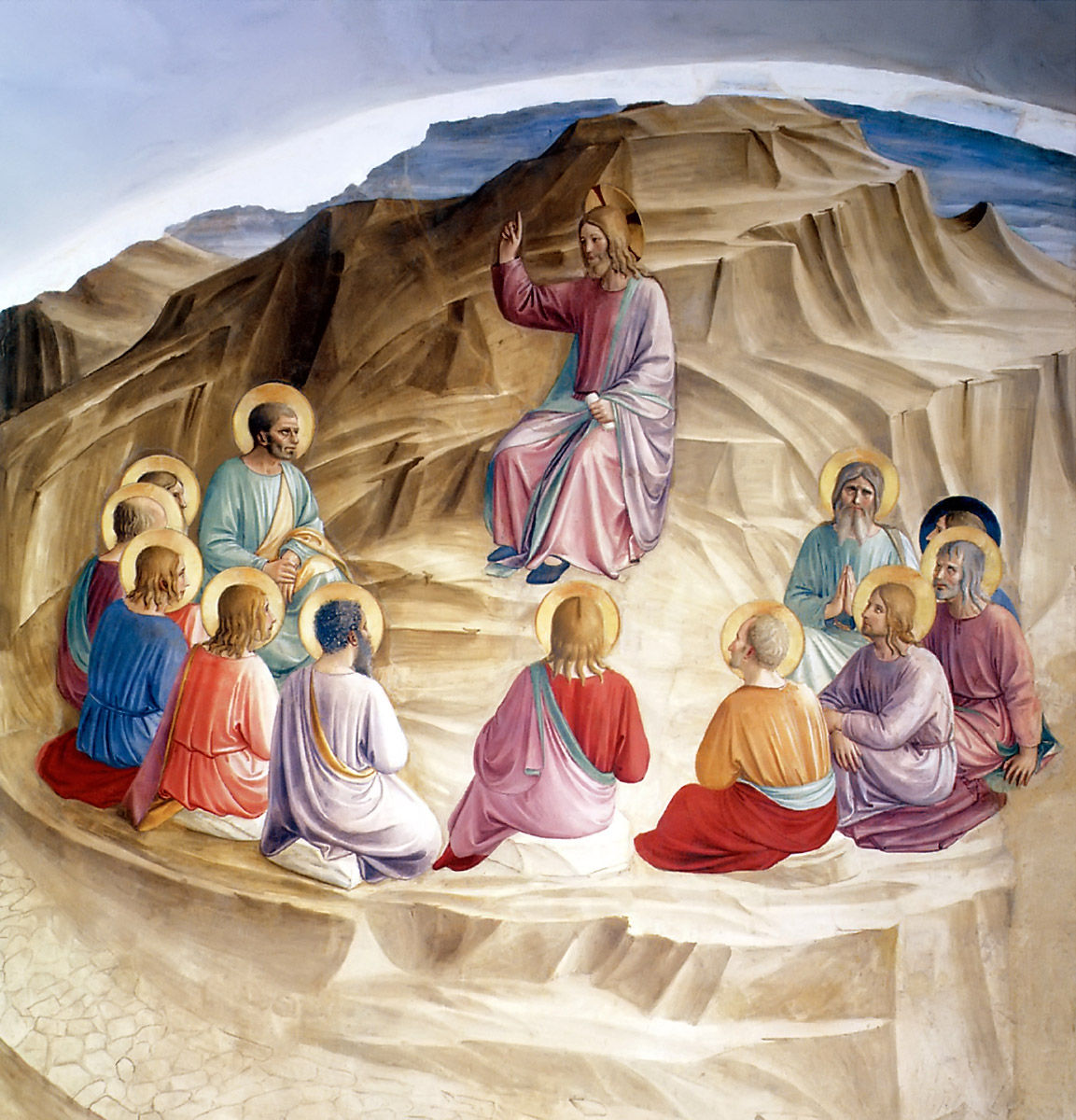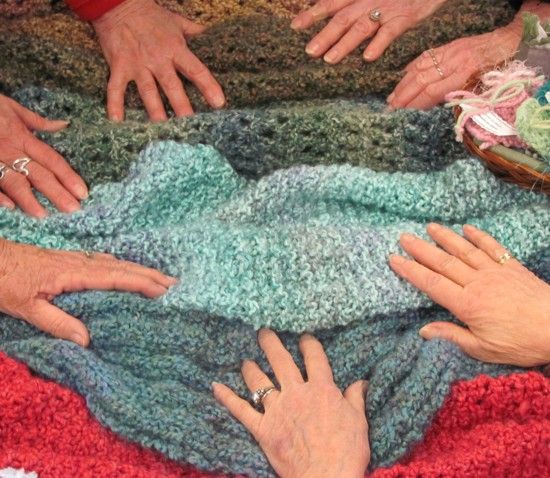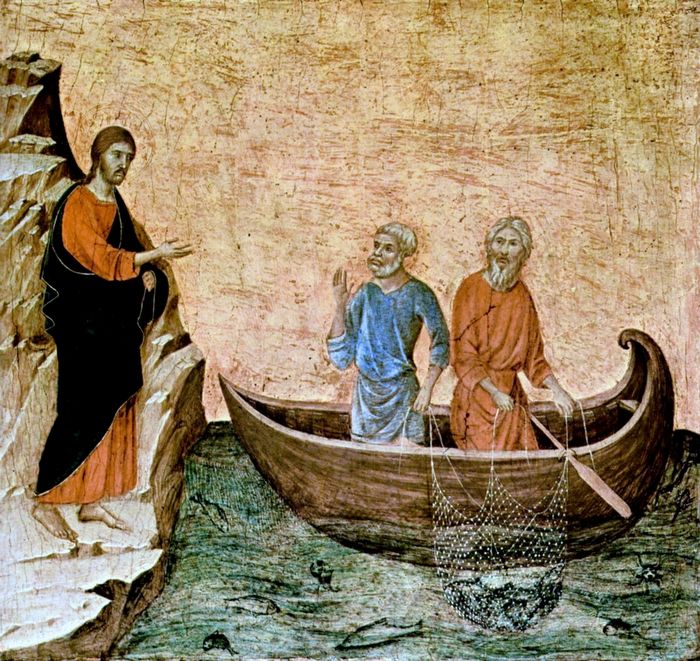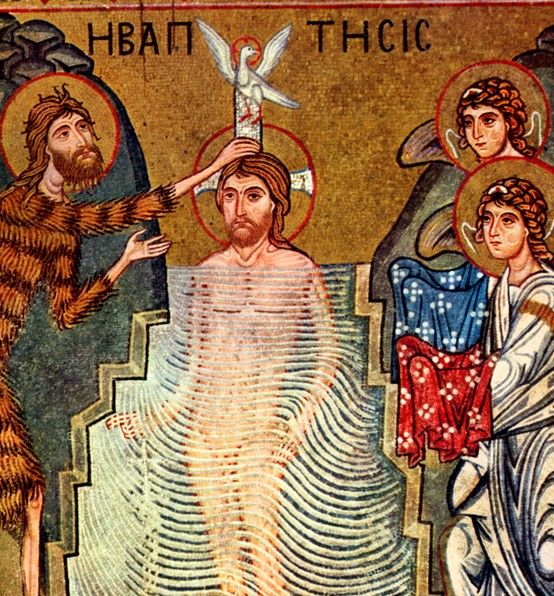The next day John again was standing with two of his disciples, and as he watched Jesus walk by, he exclaimed, “Look, here is the Lamb of God!” John 1:35-36
When we lear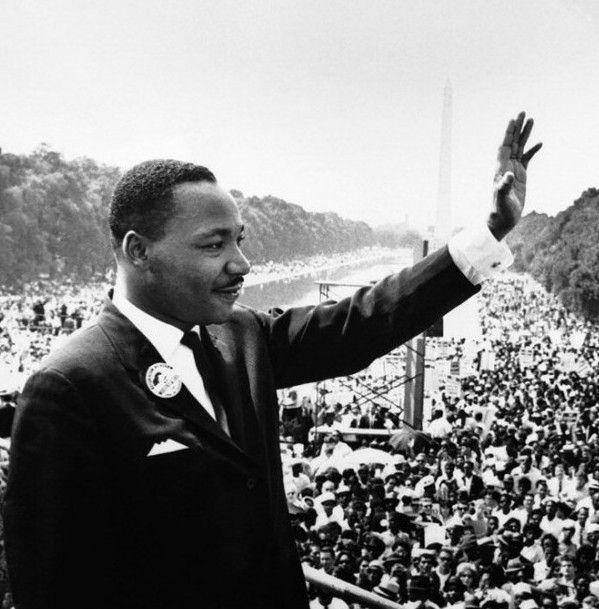 n about Jesus’ baptism in the Gospel of John, we don’t see the crowd, the water, the Spirit of God descending like a dove. We don’t hear the voice of God declaring: “this is my beloved Son, with whom I am well pleased.” In this version of the story, all we have to go on is the testimony of John the Baptist.
n about Jesus’ baptism in the Gospel of John, we don’t see the crowd, the water, the Spirit of God descending like a dove. We don’t hear the voice of God declaring: “this is my beloved Son, with whom I am well pleased.” In this version of the story, all we have to go on is the testimony of John the Baptist.
You may remember John the Baptist, the prophet with a fiery tongue who we meet in our Advent texts. But here John shows his softer side. In this text, he’s in awe. Here John testifies that Jesus is the Son of God; the whole reason for his calling as a baptizer. He tells his followers, “Look! Here is the Lamb of God!”
John’s testimony is so powerful that two of his disciples take off after Jesus instead. Surprised, Jesus asks them, “What are you looking for?” as if they might be looking for the bathroom, or the way to the closest sandal repair shop. But they say, “Rabbi, teacher, where are you staying?” Jesus replies, “Come and see.” In the other stories of the disciples, it is Jesus’ words or actions, or his invitation, that cause people to follow him. But in this case, it is simply the testimony of John.
This weekend we celebrated the life and legacy of Dr. Martin Luther King, Jr.. He was a great man, a man of faith and wisdom and courage. In 39 short years he changed our country, helping us to imagine a different future for ourselves and move towards it with dignity. He spoke and organized with passion, becoming a leader in the civil rights movement and then a powerful voice drawing attention to issues of poverty and war.
Because he is such a hero in our nation, I think there has been a temptation to cast him in the role of Jesus, a flawless savior. We want him to be perfect, to have all the answers. All these years after his death, we can sweep his humanity under the rug, and even forget that he was controversial. But for all his great gifts, Martin Luther King was not flawless. At his best, this very human preacher was much more similar to John the Baptist than Jesus.
Through his upbringing in the church, and the influence of Christian writers and leaders, Martin Luther King, Jr. came to recognize a profound truth in Jesus’ teachings. And he spent his life drawing attention to those teachings. He spent his life testifying to what he had seen, and heard, and felt:
So I want to turn your attention to this subject: “Loving Your Enemies.” … In the fifth chapter of the gospel as recorded by Saint Matthew, we read these very arresting words flowing from the lips of our Lord and Master: “Ye have heard that it has been said, ‘Thou shall love thy neighbor, and hate thine enemy.’ But I say unto you, Love your enemies, bless them that curse you, do good to them that hate you, and pray for them that despitefully use you; that ye may be the children of your Father which is in heaven.”
…Now let me hasten to say that Jesus was very serious when he gave this command; he wasn’t playing. He realized that it’s hard to love your enemies. He realized that it’s difficult to love those persons who seek to defeat you, those persons who say evil things about you. He realized that it was painfully hard, pressingly hard. But he wasn’t playing. And we cannot dismiss this passage as just … a sort of exaggeration to get over the point. This is a basic philosophy of all that we hear coming from the lips of our Master. Because Jesus wasn’t playing; because he was serious. We have the Christian and moral responsibility to seek to discover the meaning of these words, and to discover how we can live out this command, and why we should live by this command.
And this is what Jesus means, I think, in this very passage when he says, “Love your enemy.” And it’s significant that he does not say, “Like your enemy…. There are a lot of people that I find it difficult to like. … But Jesus says love them. And love is greater than like. Love is understanding, redemptive goodwill for all men, so that you love everybody, because God loves them. You refuse to do anything that will defeat an individual, because you have agape in your soul. …. This is what Jesus means when he says, “Love your enemy.” This is the way to do it. When the opportunity presents itself when you can defeat your enemy, you must not do it.
So this morning, as I look into your eyes, and into the eyes of all of my brothers in Alabama and all over America and over the world, I say to you, “I love you. I would rather die than hate you.” And I’m foolish enough to believe that through the power of this love somewhere, men of the most recalcitrant bent will be transformed. And then we will be in God’s kingdom. We will be able to matriculate into the university of eternal life because we had the power to love our enemies, to bless those persons that cursed us, to even decide to be good to those persons who hated us, and we even prayed for those persons who despitefully used us.
Oh God, help us in our lives and in all of our attitudes, to work out this controlling force of love, this controlling power that can solve every problem that we confront in all areas. Oh, we talk about politics; we talk about the problems facing our atomic civilization. Grant that all men will come together and discover that as we solve the crisis and solve these problems—the international problems, the problems of atomic energy, the problems of nuclear energy, and yes, even the race problem—let us join together in a great fellowship of love and bow down at the feet of Jesus. Give us this strong determination. In the name and spirit of this Christ, we pray. Amen.
Martin Luther King pointed the way towards Jesus, who, in turn, points us towards the very heart and mystery of God. As we remember him this week, perhaps we can be encouraged to ask, not “What would Jesus do?” – but, “What would Martin do? What would John the Baptist do? And who around us do we see who is a prophet for this time and place – pointing the way to Jesus?”
Some of us are gifted with experiences in which God comes very close. But most of us, most of the time, need to rely on the help of others – great prophets, friends, neighbors – to tell us to “look!” Look at the presence of God, and what God is doing in the world. Only then, when we’re pointed in the right direction, can we hear God saying, “Come and see.”
God, thank you for all your prophets: famous, infamous, and unknown, who say, “Look!” when they see you passing by. Amen.
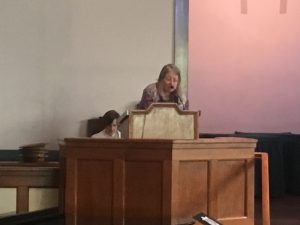 Some people say I have an unusually peaceful aura about me. I don’t know if that’s always true but I think I’ve always had a gift of courage. I believe I’ve had it so that I could deal with the challenges I’ve had to face in life.
Some people say I have an unusually peaceful aura about me. I don’t know if that’s always true but I think I’ve always had a gift of courage. I believe I’ve had it so that I could deal with the challenges I’ve had to face in life.